By Oluwashina Iyanda
A Commissioner of the Independent National Electoral Commission (INEC), Mohammed Haruna has called on media practitioners in Nigerian to extend their accountability probing beyond politicians.
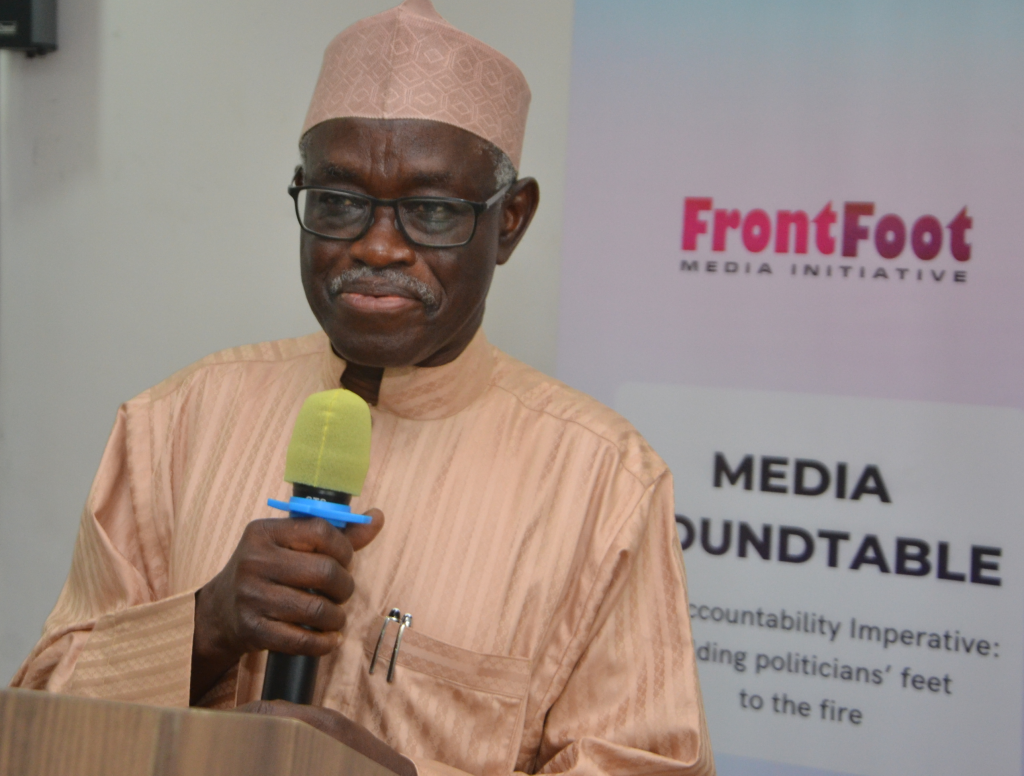
Haruna charged journalists to also hold responsible, every person or group whose decisions and actions affect society.
He spoke at the Media Roundtable on “The Accountability Imperative: Why and How to Hold the Politicians’ Feet to Fire” organised by FrontFoot Media Initiative, weekend in Lagos.
Haruna said that various other persons, beyond politicians, decide issues for society.
“Big business, big labour, big pharmacy, and of course, big media, among others all make decisions that affect people.
“Therefore, we must go beyond the constitutional enunciations for the Media to hold the government accountable to the public.
“We must also hold every institution whose decisions and actions impact people and society to account for their decisions and actions,” Haruna said.
The former managing director of the New Nigerian newspaper and renowned columnist charged journalists to equip themselves with knowledge of three critical rules for reporting
political developments in the country.
“As the leader in holding not just politicians but all other groups accountable to the people, the Media must be guided by knowledge, ethics (integrity, courage, professionalism, impartiality, etc.) and civility.
“The first step the Media must take in holding politicians accountable to the public is to be knowledgeable about politics and everything else it reports.
“This should start with knowing the rules that guide our politics,” the INEC Commissioner said.
He listed the three rules that ‘constitute the most critical elements of the country’s Electoral Legal Framework’ as the 1999 Nigerian Constitution, the Electoral Act 2022 and the Independent National Electoral Commission’s (INEC’s) Election Regulations and Guidelines 2022.
According to him, other documents to enable proper reporting of the Nigerian electoral race include Manuals for Election Officials, political party constitutions and case laws.
CONSTITUTIONS
Haruna disagreed with the widespread view that the constitution is flawed because the Military wrote it and that it is only federal in name but unitary in reality.
He submitted that both claims are false.
“The military has never written any of our constitutions, certainly neither the current 1999 Constitution nor that of 1979.
“Both were written by civilians, mostly elected, with a few nominated.
“Both drafts were subjected to public hearings in all the nooks and corners of this country before they were promulgated into law.
“The military held a veto over both, but in promulgating each into the country’s supreme law, they hardly changed their substance.
“On claim that the Constitution is unitary, if not in theory, nothing could be further from the truth.
“This claim has led to the popular fallacy that what Nigeria needs is ‘true federalism’.
“A federation is a system of government in which a written constitution distributes power and responsibility between the national government and some state or regional governments.
“No two federations distribute power and responsibility the same way and, because the historical context of each country is different.
“The distribution that is appropriate for one country may not be appropriate for another,” Haruna added.
The NewsZenith reports that the roundtable featured distinguished personalities in the media and politics including a former Gov. Donald Duke of Cross River State; Dr Patrick Dele Cole and Lade Bonuola, a former Managing Director of The Guardian.
Mr Dan Agbese of Newswatch magazine, Mrs Motunrayo Alaka, of the Wole Soyinka Centre for Investigative Journalism and Dr Nwadiuto Iheakanwa, Managing Director of Champion Newspapers also attended the roundtable discussion.
Directors of the FrontFoot Media Initiative Sully Abu, Emeka Izeze and Sonala Olumhense hosted the event.
The Initiative is a non-profit, civil society organisation established to advance democracy and development by enhancing journalism quality in Nigeria and the African continent.
Do you have a flare for Citizenship Journalism? Share story(ies) of happenings in your area with The NewsZenith on WhatsApp: 08033668669 or thenewszenith@gmail.com
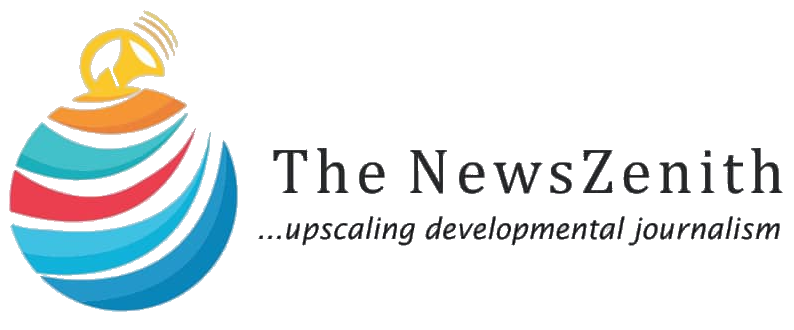
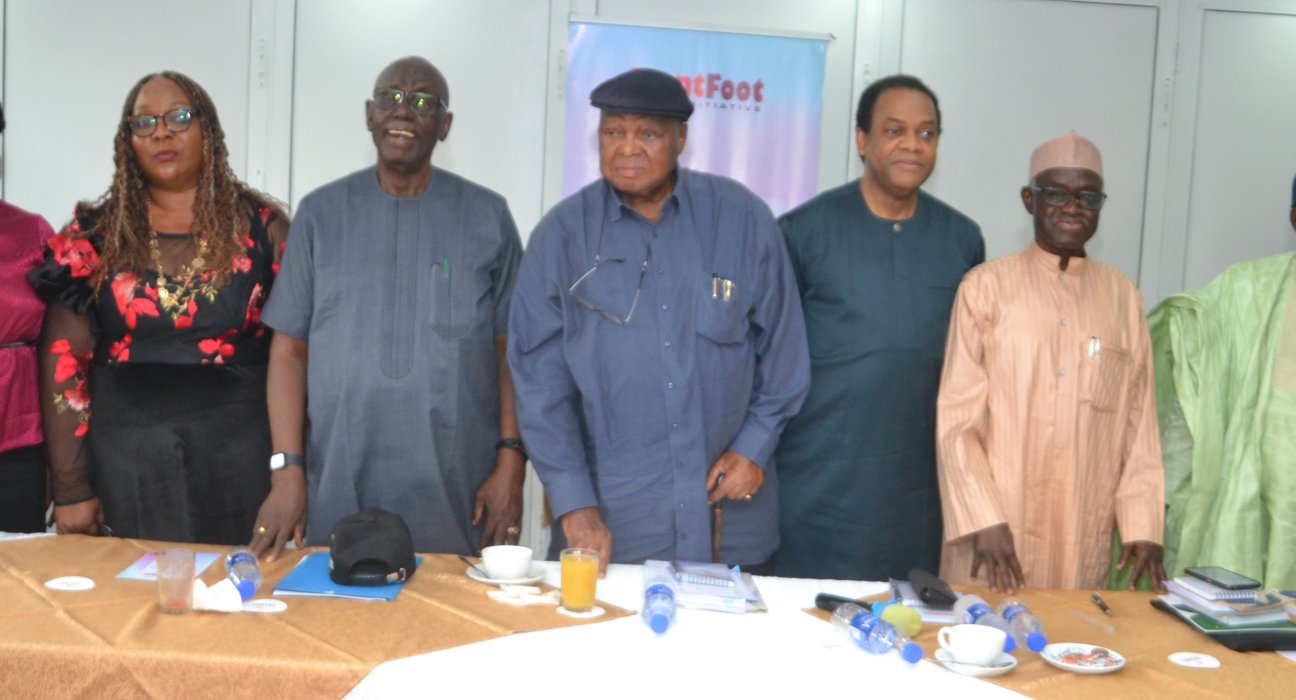
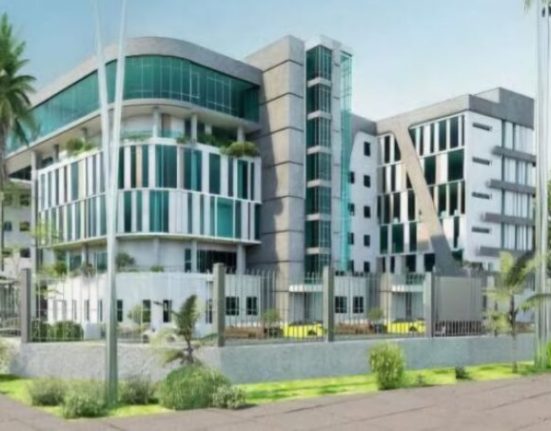
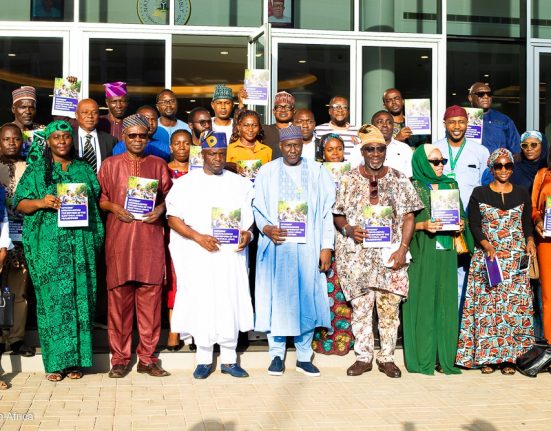
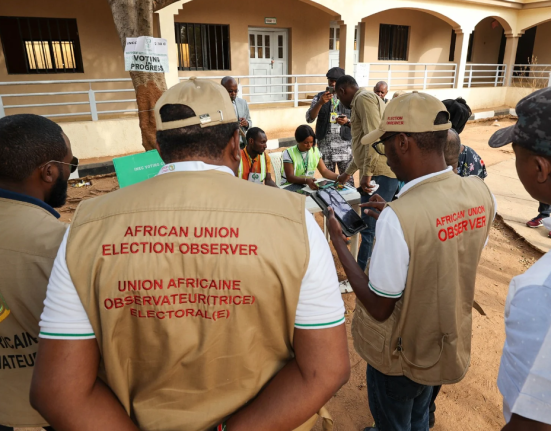
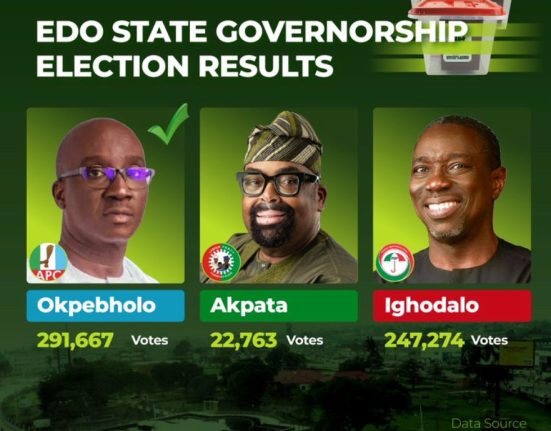
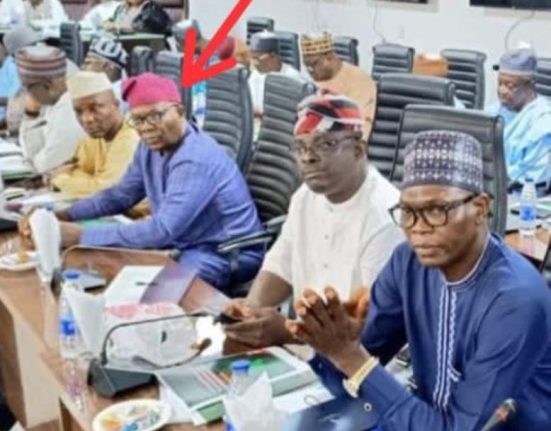
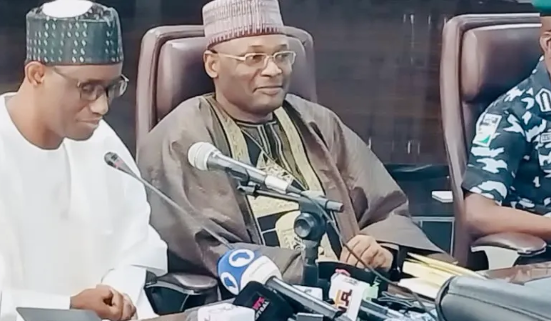
2 Comments